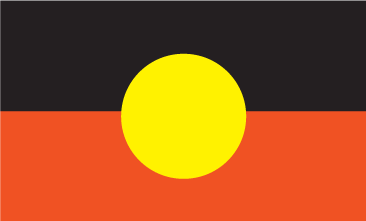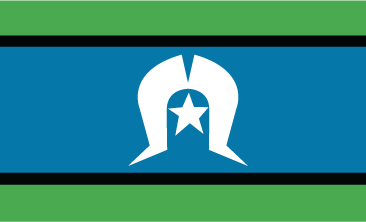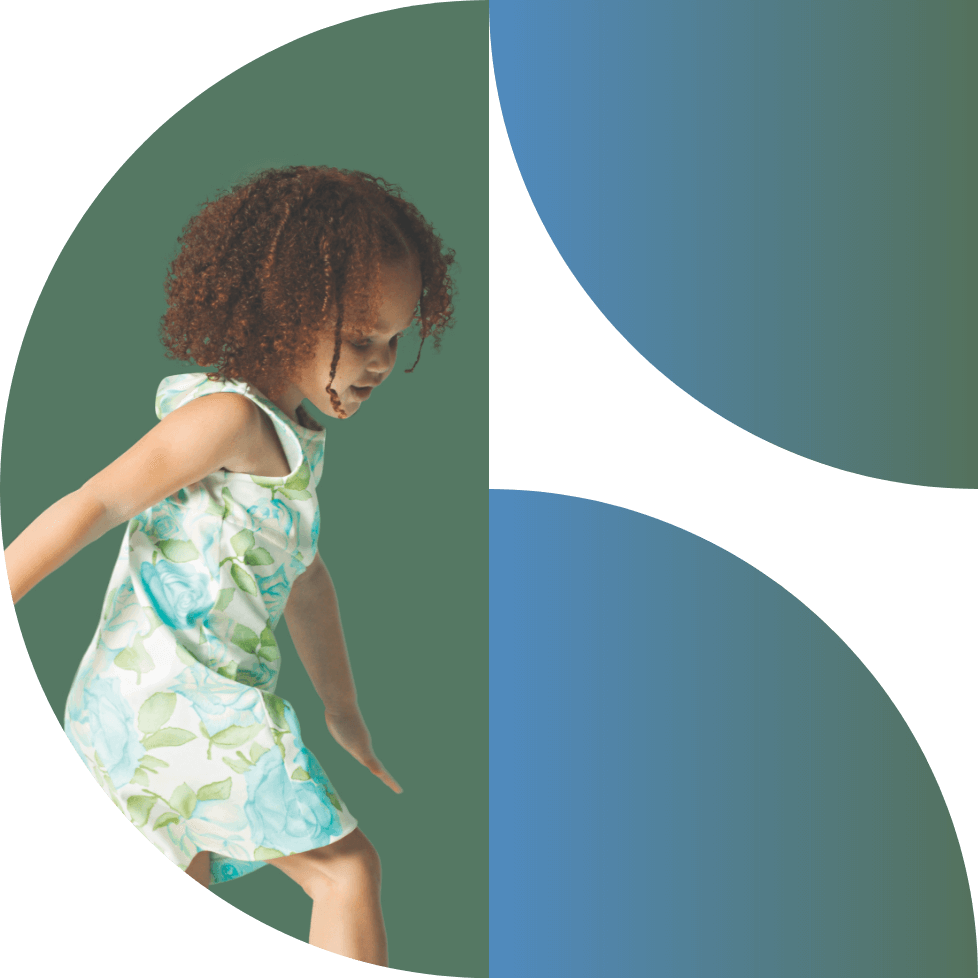The AGECS Reconciliation Series
The AGECS Reconciliation Series introduces early childhood educators to the historical, social and contemporary issues faced by Aboriginal and Torres Strait Islander families. It is important to recognise that when we enrol students, we enrol their whole family. This series is about truth-telling. It provides the real backgrounds, the real histories and the real stories of Indigenous families in 2022 and beyond.
Series 1 – The Reconciliation Seminar Series
The AGECS Reconciliation Seminar Series is the first series of our reconciliation toolkit. In collaboration with AJ Williams-Tchen, AGECS held 12 live events that focussed on different Aboriginal and Torres Strait Islander organisations. The events were recorded to provide self-paced professional learning resources for early childhood professionals starting out on their reconciliation journey.
AGECS Reconciliation Plan Launch
This event is for ECEs ready to inform themselves and lead others in taking their ECE organisation to the next level of Reconciliation and contributing to Closing the Gap.
You will be provided with a clear understanding of what a RAP really is, how to relate a RAP to your individual centre and practical ways to progress forward, including communicating with Reconciliation Australia.
The presentation will commence with AGECS’ RAP journey, what the AGECS RAP committee have done and how they did it, actions already completed by the AGECS and introduce new AGECS RAP Working Group Ambassadors.
Seminar 1: Collaborating in the Indigenous Space
Wanting to develop a Reconciliation Action Plan? Wanting to engage with an Elder? Wanting to work with an Aboriginal consultant to support Indigenous curriculum development? Wanting cultural awareness training for staff or students? This seminar hosted by AJ Williams-Tchen (AGECS Cultural Consultant, Maternal Health Nurse + AASW Aboriginal Social Worker of Year) discusses strategies and considerations required to effectively engage with community, Aboriginal Elders, and Indigenous consultants to work on early childhood projects and programs.
Seminar 2: Introducing SNAICC
Moderated by AJ Williams-Tchen, this seminar had guests Adele Cox & Maxine Walker from SNAICC (Secretariat of National Aboriginal and Islander Child Care), the national peak body in Australian representing the interests of Aboriginal and Torres Strait Islander children and families. The two guests discussed the National Intermediary Pilot Project and provided and overview of Victorian policy updates, before closing with a Q&A.
View the additional resources.
Seminar 3: Close the Gap Day
National Close the Gap day was observed on March 17 2022.
AJ Williams-Tchen (AGECS Cultural Consultant) provides a self-paced seminar covering the history of Close the Gap Day, an overview of the current Closing the Gap policy and objectives, current stats and facts on Indigenous health & well-being, before providing a range of activities & supports to assist early childhood services in celebrating Close the Gap Day. AJ also highlighted what he does in his own business to support both reconciliation, with the view of helping to close the gap.
Seminar 4: DET and VAEAI
This seminar’s guests included the Department of Education representative Janette Kennedy (Manager of Participation, Transitions and Inclusion in the Koorie Outcomes Division) and Victorian Aboriginal Education Association Incorporated representatives Kim Powell and Angie-Lee Bamblett, who presented an informative look at the Koorie early education system and future goals for the next 5 years. Moderated by AJ Williams-Tchen.
Seminar 5: Understanding VACCA
This seminar’s guest speaker was Cath Healy from the Victorian Aboriginal Child Care Agency. Cath discussed the history of VACCA, highlighting the systematic and practical issues faced by Aboriginal and Torres Strait Islander families that we enrol within our early childhood services. Moderated by AJ Williams-Tchen.
Seminar 6: Reconciliation Victoria
Nicole Findlay, the CEO of Reconciliation Victoria, presents this seminar. RecVic’s state role is to facilitate and support the advancement of reconciliation, in whichever way we can. This can be through the lens of RAPs, working with RAP organisations, doing Advocacy, working alongside First Peoples, Local Govs, Schools, Community Services, and Local Rec Groups to elevate voices and programs. Moderated by AJ Williams-Tchen.
Seminar 7: Engaging your Inclusion Heroes - Koorie Workforce
Zoe Upton (KESO) will discuss the roles of KESOs and how they can help your service.
KESOs facilitate engagement in communities between school, children, families, key stakeholders and organisations. KESOs support Koorie children and their families with assistance to make the journey through early childhood, primary and secondary school, while helping schools and Early Childhood Centres build capacity to better engage students and their families, working collaboratively to build cultural engagement and awareness into daily plans and activities. Moderated by AJ Williams-Tchen.
Seminar 8: FAQs
AGECS Aboriginal Cultural Advisor and Director of Girraway Ganyi Consultancy AJ Williams-Tchen, with the help of some friends answers the most commonly asked questions that he receives within his trainings around Aboriginal issues. Discussing acknowledgements, welcomes, terminology, facts and statistics, to what it means to be a good ally. AJ and the other quest speakers provide an array of perspectives across the ages.
Seminar 9: Child Protection and Kids in Care
The rates of removal of Aboriginal and Torres Strait Islander children by government agencies into out of home care nationally continues to worsen. Figures from the Australian Institute of Health and Welfare (2022) reveal that Indigenous children are now 11.5x more likely to be placed in care than their non-Indigenous counterparts, with one third in the least preferred placement option (away from Aboriginal family) and one quarter do not have a cultural support plan. AJ Williams-Tchen will talk about the latest figures and Grandmothers Against Removals representatives will explain the current state of Aboriginal kids in out of home care, the role of grandparents raising grand-children, what GMAR does & provide personal stories of survival in the child protection system of young people today.
Seminar 10: Embedding Aboriginal Perspectives into Curriculum
Taylor Hampton (Ngiyampaa / Wiradjuri) of Birrang Cultural Connections and Shae Rotumah (Iwaidja and Gunditjmara) of Gunditj Yarkeen Allammeen-ngan Cultural Enterprises talk about their work in providing cultural experiences to students in Early Childhood and primary school settings, and provide strategies for Early Childhood Educators in beginning to embed Aboriginal & Torres Strait Islander perspectives into curriculum. Moderated by AJ Williams-Tchen.
Seminar 11: First 1000 Days and Embedding Torres Strait Islander Perspectives into Curriculum
Seminar 12
Seminar 12 is a celebration of First Nations performers and artists. Watch Carissa Nyalu perform acoustic songs in language, rapper Ms Hood and comedian Shiralee Hood.
Moderated by AJ Williams-Tchen.
Additional Resources
Useful and important documents relating to reconciliation in ECEC. Check back regularly for updates.
Directory of Programs and Supports
Koorie Perspectives in Curriculum Bulletin
Marrung Aboriginal Education Plan
Nargneit Birrang Framework Report
Self Determination Reform Framework
Victorian Aboriginal and Local Government Strategy
Victorian Aboriginal Corporation for Langauges
Narragunnawali
Narragunnawali supports schools and early learning services to foster knowledge and pride in Aboriginal and Torres Strait Islander histories, cultures and contributions.
Series 2 – Meet the Reconciliation Ambassadors
Reconciliation can be a confronting journey. It is important to have people stand up and take responsibility for the journey. Series two of the AGECS Reconciliation Series introduces the AGECS Reconciliation Ambassadors, so that those undertaking a reconciliation action plan in their own workplace have some role models they can turn to.
Alannah Dore
Kerri Douglas
Alex Heard
Bindi James
Sandra McCarthy-Wilson
Nicole Talarico
Maree Wiggins
Tristan Williams
AJ Williams-Tchen
Series 3 – Hot Topics
Series 3 of the AGECS Reconciliation Series features the AGECS Reconciliation Ambassadors discussing different topics of note in the current discourse. These videos can be helpful references for reflection, for those who are undertaking the Reconciliation process, especially those who may not have a chance to connect with other services who are also undertaking the journey.
Episode One
Watch AGECS Reconciliation Hot Topics Episode 1: January 26
Australia Day is also referred to as ‘Invasion Day’ or ‘Survival Day’ particularly by Aboriginal and Torres Strait Islander Australians. This is because it ‘celebrates’ a painful part of Aboriginal and Torres Strait Islander history. In this first episode of Hot Topics, AGECS Reconciliation Ambassadors share their experiences and thoughts around the topic of January 26.
Episode Two
Watch AGECS Reconciliation Hot Topics Episode 2: What does Reconciliation mean to you?
What does reconciliation mean to you? Reconciliation has both practical and symbolic features. It involves recognising and acknowledging that First Nations peoples are the traditional owners of Australia, and that past injustices that have led to the present-day consequences for Indigenous peoples, as well as increasing understanding by non-Indigenous people of Aboriginal peoples’ cultures and attachment to country and working to reduce racism in Australia. AGECS Reconciliation Ambassadors share their experiences and thoughts around the Hot Topic of ‘What does Reconciliation means to you?’
Episode Three
Watch AGECS Reconciliation Hot Topics Episode 3: Understanding Cultural Perspectives
Where are some places that Early Childhood Educators could go to start educating themselves on Aboriginal and / or Torres Strait Islander history and contemporary issues? What things should every Early Childhood Educator need to know about working with First Nations families? These are the two questions that the AGECS Reconciliation Ambassadors will answer in this episode of Hot Topics.
Episode Four
Watch AGECS Reconciliation Hot Topics Episode 4: Recognising and overcoming barriers
It is hard to start embedding First Nations perspectives into early childhood education curriculum. Where do you start? The first thing to do is to identify what some of the barriers are that Early Childhood Educators have in incorporating Aboriginal and / or Torres Strait Islander perspectives into curriculum? Are you comfortable in teaching First Nations young people? What barriers do Early Childhood Educators face when working with First Nations young people and their families? The AGECS Reconciliation Ambassadors share their experiences and thoughts in this episode of s Hot Topics, and discuss way in which Early Childhood Educators could start this journey.
Episode Five
Watch AGECS Reconciliation Hot Topics Episode 5: Personal Journeys – An Aboriginal Perspective
In this episode, the four Aboriginal AGECS Reconciliation Ambassadors take you on their own personal journey of identity, as they share with you aspects of their life, experiences and knowledge. Being Aboriginal does not make a person an expert on everything Indigenous. For some Aboriginal people they are only just learning about their own cultural background. For others they have lived and grown up in culture. One of the most important aspects of true reconciliation, is hearing First Nations people speak about their experience. Join AJ, Bindi, Tristan and Kerri as they share their thoughts with you.
Episode Six
Watch AGECS Reconciliation Hot Topics Episode 6: Personal Journeys – An Ally Perspective
Everyone has their own unique ways of learning, but when it comes to personal learning journeys towards reconciliation, it begins with an open mind, is not a one-off event and continues as one digs deeper into new and sometimes unchartered understandings and recognitions. It often involves unlearning, learning and relearning things about Indigenous history and cultural understandings previously taught. As an early childhood professional new to First Nations history, culture and experiences, expect truth-telling, story-telling, the voicing of inequality issues, racism and instances where rights and voices of Aboriginal and Torres Strait Islander peoples are either denied or ignored. Your personal and professional journey towards reconciliation is about seeking to ask questions, listen and learn from the First Nations children at your service, their families and communities, Elders and consultants. In this episode, the 6 non-Indigenous ally AGECS Reconciliation Ambassadors share their own personal reconciliation stories with you.
Episode Seven
Watch AGECS Reconciliation Hot Topics Episode 7: Yarn Up and Stand Up: Developing a RAP
Thinking of developing a Reconciliation Action Plan? Not sure where to start? This episode should get you started. The AGECS Reconciliation Ambassadors share advice on understanding the importance of a RAP, advise of what to do and not to do, as well discuss their own RAP experiences.
Series 4 – Political Arena
In 2023, Indigenous affairs in Australia are complicated. Here we are providing a few resources to assist you in understanding the contemporary issues that are occurring.
TREATY
ULURU STATEMENT FROM THE HEART
REFERENDUM
Referendum on an Aboriginal and Torres Strait Islander Voice
Articles:
Australia Pushes for Landmark Indigenous Referendum in 2023
Opposition growing to proposed changes to referendum laws before voice vote
Australian group launches campaign to stop Indigenous voice in parliament
Videos:
Yes’ campaign launches ad for Indigenous Voice to Parliament referendum
Black sovereignty, Lidia Thorpe and the Voice,
What do grassroots Indigenous community leaders think about the Voice to Parliament? | 7.30 Report
Voice to Parliament will ‘recognise’ Indigenous people in a constitutional first
Jacinta Nampijinpa Price says ‘we don’t need a voice, we need ears’ | 7.30
Series 5 – Recognised Aboriginal Parties (RAPs) and Key Aboriginal Services
Recognised Aboriginal Parties
Registered Aboriginal Parties (RAPs) are representative corporations, inclusive of all Traditional Owners of an identified Country area. This following document features information about RAPs and the links to the 11 Victorian RAPs. This document can be printed and displayed at your place of work.
Key Aboriginal Services
This following document contains links to key Aboriginal services, across a range of health initiatives, services, cooperatives, networks and gathering places for Aboriginal and Torres Strait Islander peoples. This document can be printed and displayed at your place of work.



